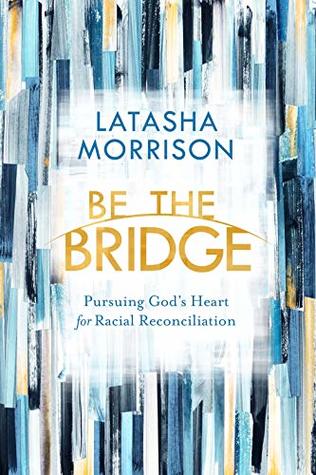More on this book
Community
Kindle Notes & Highlights
Read between
July 25 - July 29, 2020
When we lack historical understanding, we lose part of our identity. We don’t know where we came from and don’t know what there is to celebrate or lament. Likewise, without knowing our history, it can be difficult to know what needs repairing, what needs reconciling.
I’d come to learn the ways the White church in America had perpetuated slavery, segregation, and racism. I had learned how so many churches used and abused Scripture to justify the practices, how some denominations even split over slavery.
Church leaders were slow to acknowledge, let alone lament, the continuing racism in our country. They didn’t have any understanding of the prevalence of police brutality against brown bodies in our country or how so many of my Black brothers are pulled over simply for being Black in a White neighborhood. They equated working hard with success, and they dismissed the reality of systemic issues that create barriers for people of color. They’d never been followed in a department store for being Black, never been stopped and questioned simply for walking down the street. They had always been given
...more
In the love of the family of God, we must become color brave, color caring, color honoring, and not color blind. We have to recognize the image of God in one another. We have to love despite, and even because of, our differences.
Race, as we know it, is a political and social construct created by man for the purpose of asserting power and maintaining a hierarchy.
Forgiveness and healing cannot begin until we become aware of the historical roots of the problem and acknowledge the harm caused.
We have ignored the cries of children because they were not our own. We have discounted the pain of mothers because they were not our own. We have turned a blind eye to the affliction of Brown and Black people because they were not our own. Lord, have mercy.
We have not required justice, we have not loved others well, and we have not walked in humility in our brokenness.
Martin Luther King Jr. said it best: “Injustice anywhere is a threat to justice everywhere.”
That’s how I came to understand the surprising truth: forgiveness wasn’t a gift to those who’d hurt me; it was a gift to myself.
Dr. Martin Luther King Jr.: “Forgiveness is not an occasional act; it is a permanent attitude.”
After all, reparations aren’t a modern construct. Repairing what’s broken is a distinctly biblical concept, which is why as people of faith we should be leading the way into redemption, restoration, and reconciliation.
Bridges are built not with passivity or avoidance but with the deep, hard work of seeking to understand. The deep, hard work of fighting for justice for all. Love is always a fight worth taking on. I know because in my own life I’ve seen it and continue to fight for it to be true.


